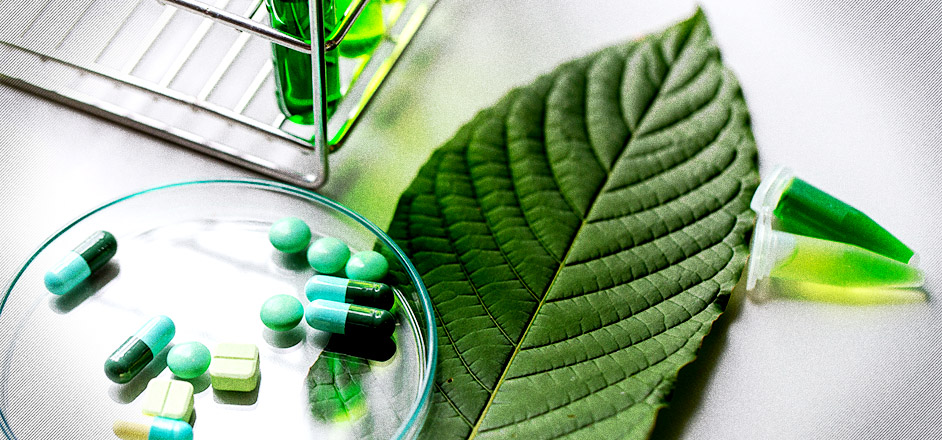If you love drugs but hate to read, we recap the week's most interesting news in the world of psychoactive substances. To inform, to liberate, to help you make good choices. Or, possibly, awesomely bad choices.
1. Opioids are everywhere. Native American opioid overdose deaths have surged five-fold since 1999. Opioid prescriptions in England doubled in 10 years.
2. Many opioid overdose deaths are actually suicides. Estimates vary wildly, ranging from 25 to 45 percent.
3. Trump to save the day, battling opioids with "toughness" and "executions." He's rumored to be rolling out his new plan Monday to fight the scourge of the powerful painkillers that lead people toward heroin addiction. It's said to include Medicaid money for inpatient rehab, testing prisoners for opioids — and the death penalty for high-level fentanyl dealers. (Lawyers say he can't do that.)
4. Of course, Trump won't go after the pharma execs who get folks hooked in the first place. So cities and states are suing opioid makers on their own.
5. Jeff Sessions will leave your stash alone, as Trump's top cop says he won't go after "small-time" weed possession cases.
6. Mexican drug cartels are branching into the fuel business, using kidnapping, murders and threats to siphon off more than $1 billion every year from pipelines.
7. Dying patients screwed, as the U.S. House rejected a bill to let terminally ill patients try experimental medicines. Democrats voted against it.
8. Kratom suffers another PR blow, linked to salmonella again — 87 illnesses. Instead of regulating the drug to ensure quality, the DEA wants to outlaw it.
9. Drugs and religion prove a combustible combination, as a 20-year-old girl who famously clawed her eyes out on meth found. This week, she wrote that reading the Bible convinced her more meth would bring her closer to God, and that divine messages told her she had to sacrifice her eyes to save the world.
10. The Dark Web site Hansa got taken over by cops last year. The fallout continues, as Dutch cops busted a drug den that, they found, used 3D printing to create fake Nintendo cartridges and makeup cases to ship the drugs in.




Leave a Reply